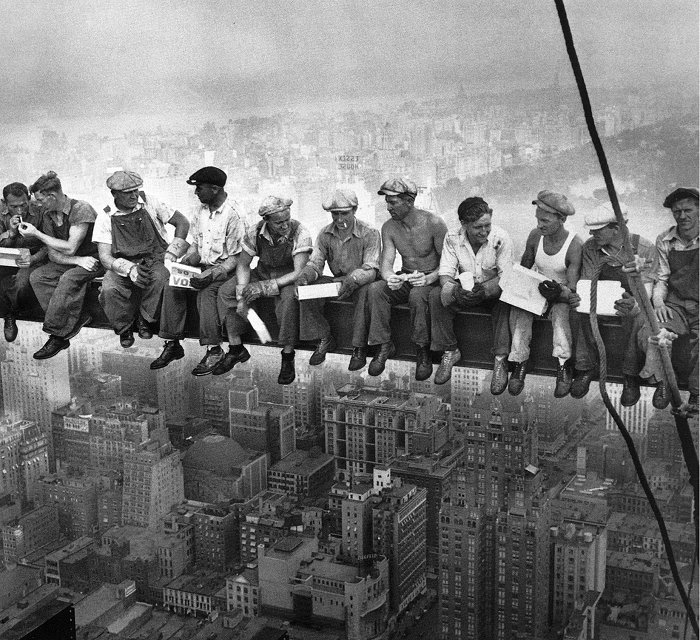Earlier this week, President Obama spoke to reporters at the White House. Fully aware of the growing concern in the country over the “jobless recovery,” Obama led off by talking about jobs – and pushing Congress to pass a transportation reauthorization. But was he using the wrong talking point?
“Right now, Congress could send me a bill that puts construction workers back on the job rebuilding roads and bridges –- not by having government fund and pick every project, but by providing loans to private companies and states and local governments on the basis of merit and not politics,” the president said. “That’s pending in Congress right now.”
The inclusion of the line about merit went over well in transportation reform circles, where people have been pushing for a greater emphasis on performance metrics and less spending by strict formulas regardless of outcome.
Later, in response to a question about whether the debt debate was hamstringing his ability to take action on creating jobs, Obama talked again about transportation.
“I think it’s important for us to look at rebuilding our transportation infrastructure in this country,” he said. “That could put people back to work right now — construction workers back to work right now.”
Obama’s not the only one to try to sell the transportation bill as a jobs package. Sen. Barbara Boxer likes to have her aides hold up 20 poster-sized pictures of the Dallas Cowboys stadium, filled with people, to illustrate the number of construction workers out of work right now. She uses this to show the urgency of passing transportation investment legislation.
But according to Joshua Schank, CEO of the Eno Transportation Foundation, it’s a mistake to focus on construction jobs.
“The Interstate system created a lot of jobs, but no one talks now about how many jobs it created from constructing it,” Schank said. “People talk about the impact it had on the economy. And I think that’s the mistake the president and other elected officials often make. They say, ‘This will create jobs; it’ll put people to work.’ But that’s like taking the smallest portion of the economic benefits from transportation and focusing on that. The real benefits are for long-term economic growth.”
After all, he said, “We could put people to work digging a hole and filling it,” but that’s not going to be an engine for economic growth the way a modern transportation infrastructure network would.
Sure, everyone cares about jobs right now, and it might be expecting too much to ask people to get as pumped about long-term economic growth from fast trains or well-maintained bridges as they do about bread on the table. But, Schank said, from the point of view of someone who cares about the industry, it gets “bothersome” to see so many people make the wrong point. Besides, we want to do better than just spend federal money to “dig holes and fill them” to give people jobs. Schank was one of the authors of a recent report on performance metrics, and how smart, outcome-based spending decisions could transform how this country spends money on infrastructure. If all we care about is creating jobs, he says, who’s to say we won’t keep spending precious resources inefficiently on wasteful projects?






